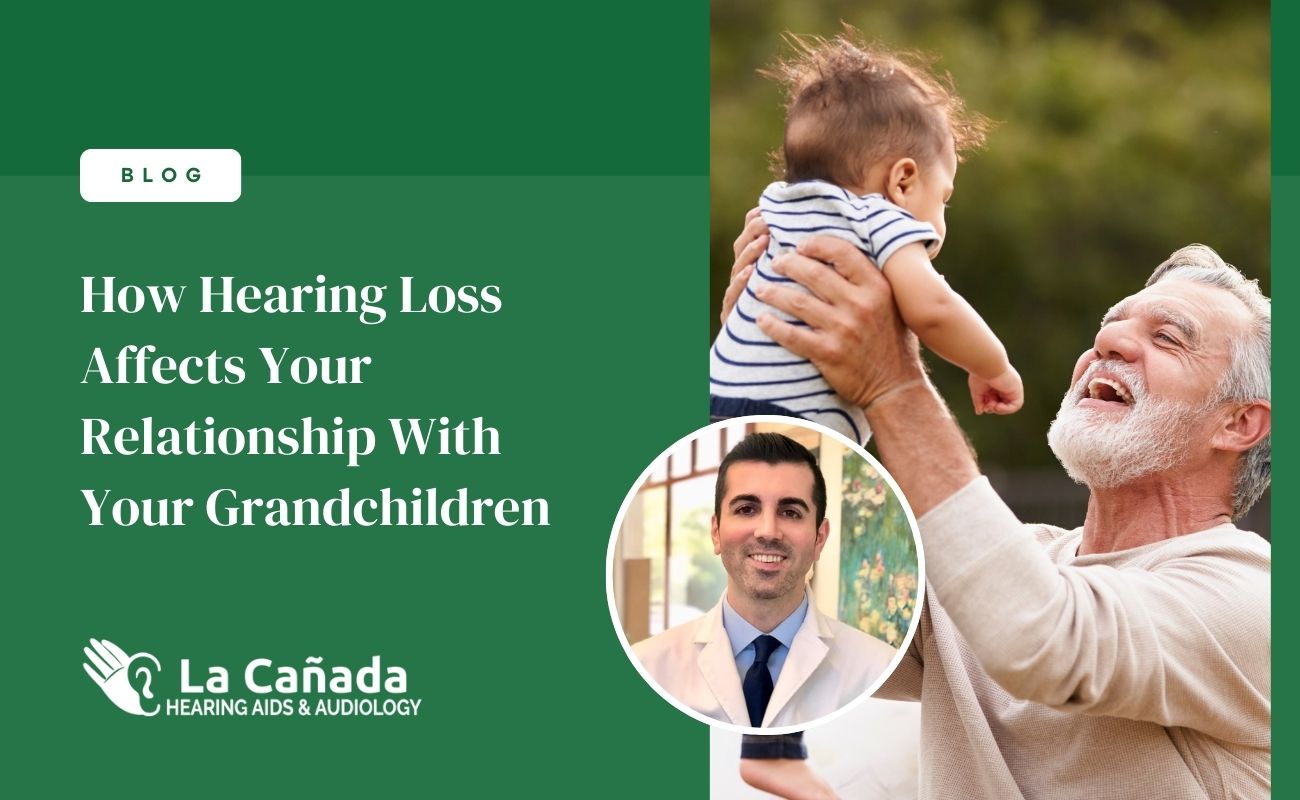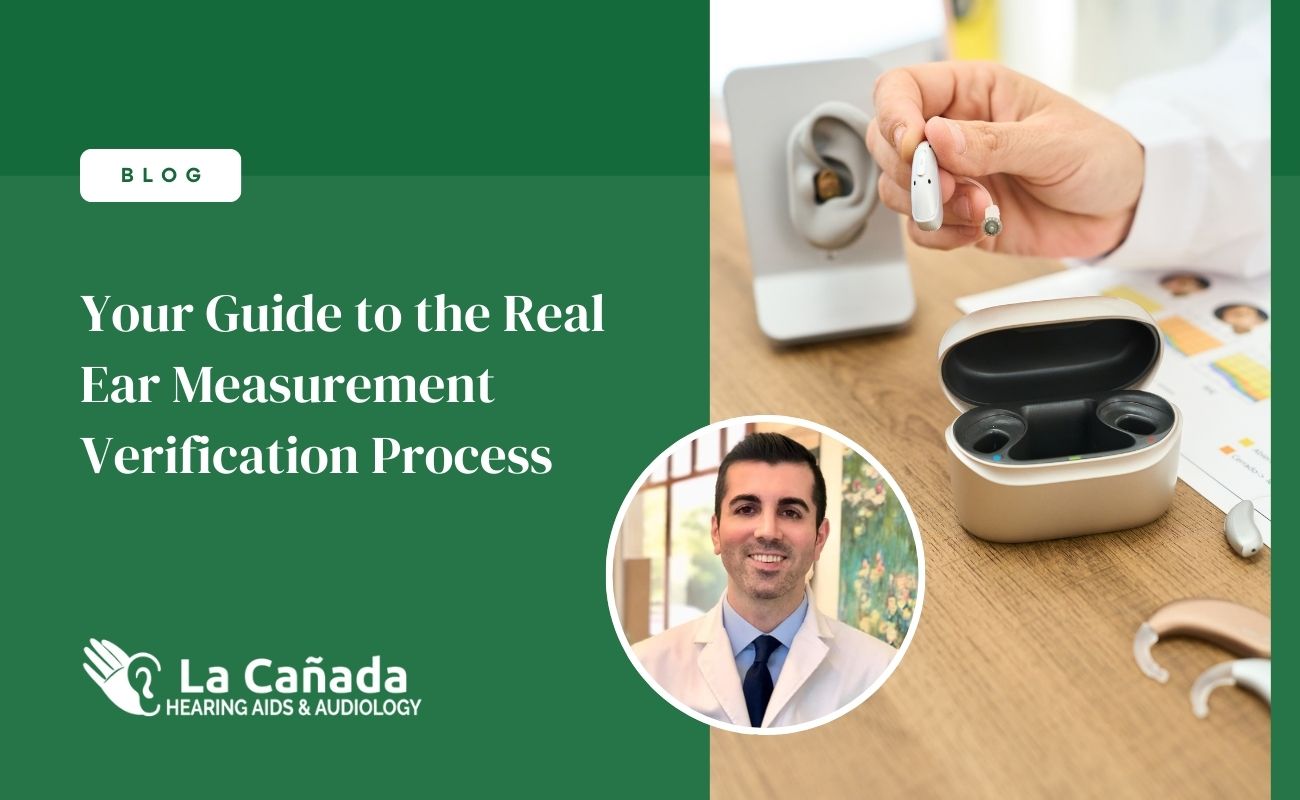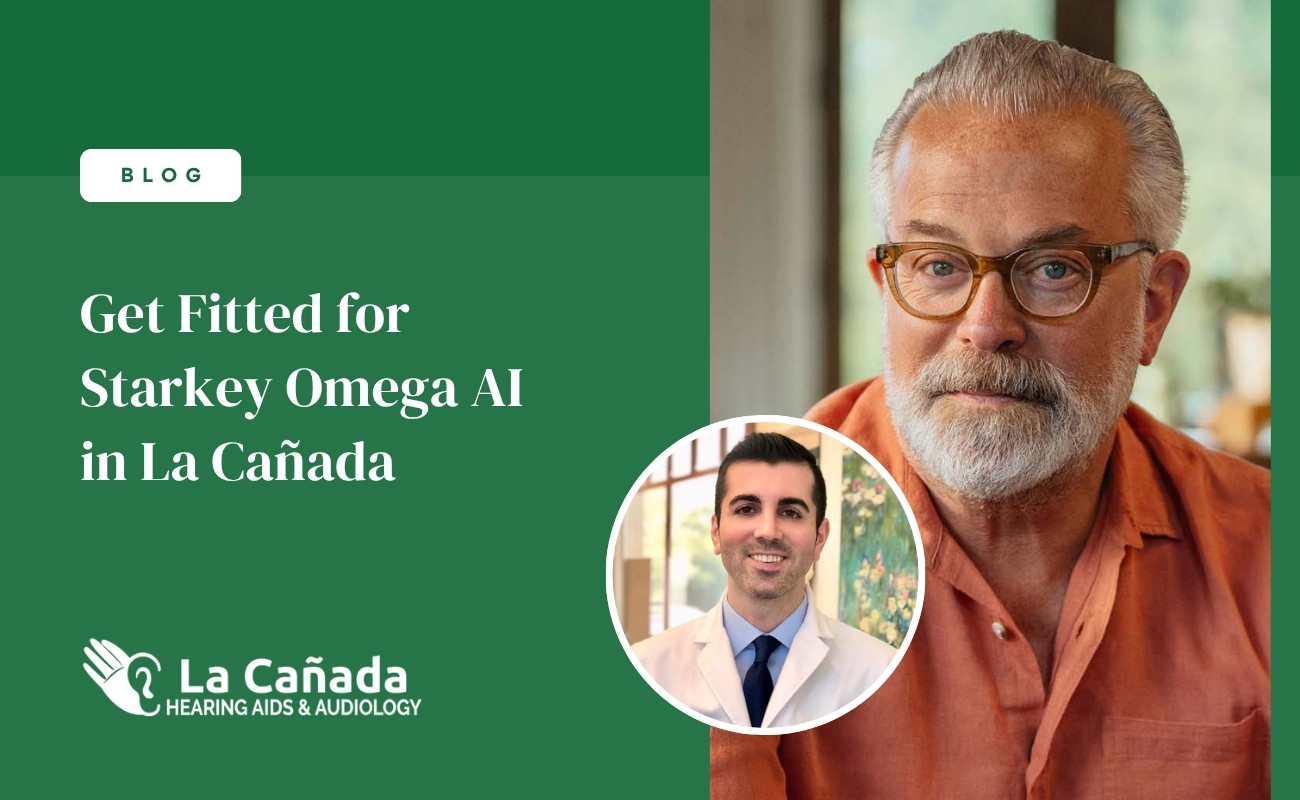Most people are interested in how they can change their life for the better. But what is the fastest way to do that? There are many suggested ways, but we bet you've never thought hearing treatment could be one of them.
You're not alone if you've noticed changes in your hearing but have put off getting a hearing test. Hearing loss is one of the most common chronic health conditions globally, but patients with hearing loss take seven years to seek treatment.
Why do people take such a long time? Seeking hearing aids might help you reclaim the conversations, music, and sounds you once enjoyed. Hearing loss has been related to problems such as depression, social isolation, and even the development of dementia when left untreated.
Furthermore, the earlier hearing loss is identified, the easier it is to adjust to hearing aids. Despite the many benefits of obtaining treatment, hearing loss and hearing aids still carry an undeserved stigma that prevents people from hearing better.
Hearing treatment may help you keep the one you love
Hearing loss is highly frustrating for people who spend most of their time with us. It affects both the individual and their partner too. The conversation is restricted to the most vital communications, and intimacy is difficult to maintain. Couples who used to joke and talk all day can be in silence. When a person with hearing loss has to repeat themselves, the partner with hearing loss may feel misunderstood or uncared for.
Hearing treatment was found to have various positive effects on social connections and intimate partnerships in an Australian investigation of 300 older adults using hearing aids. Hearing aids improve social lives for more than half of the respondents, and two-thirds stated they helped them better connect with family and friends. Hearing aids were acknowledged by one in ten people with helping their love lives, and no one reported that they had harmed their love lives.
Hearing treatment enables us to maintain our activity levels and act more youthfully. According to several respondents, it also made it easier to engage in intimate conversations. Doesn't this seem to make sense? It's difficult to communicate freely and intimately when you have to yell to be heard!
Eighty-four percent of hearing aid users stated it was easier for others to communicate with them, and seventy-five percent said they no longer needed to ask others to repeat themselves.
Hearing treatment may increase your earning potential.
According to a Better Hearing Institute study, hearing aids lowered the probability of losing income by 90-100 percent for people with mild hearing loss and 65-77 percent for severe to moderate hearing loss. According to the study, those with untreated hearing loss lose up to $30,000 in annual income.
Hearing treatment may help to keep your mind sharp.
Hearing loss can potentially damage higher-order cognitive functions. When scrambled words reach the brain due to hearing loss, the cognitive work required to understand the sentence and fill in the gaps places an additional burden on brain functions, depleting the person and diverting resources away from other brain areas. This can cause problems with memory recall.
Hearing aids can help with this, according to experts at the University of Manchester in the United Kingdom. Dr. Piers Dawes conducted the study published in the Journal of the American Geriatrics Society and included 2040 participants in the American Health and Retirement Survey from 1996 to 2014. The study measured cognitive deterioration by having participants recollect ten words at the beginning and end of the survey. The researchers next evaluated the decrease rates in the patients before and after they started wearing hearing aids. According to their findings, wearing hearing aids is highly connected to a slower rate of age-related cognitive decline, with cognitive decline reduced by up to 75%.
Hearing aids may be beneficial in preventing depression.
Hearing loss might make people feel they're missing out or can't hear what others are saying to or about them. It can make it challenging to communicate with family and friends, follow discussions, and feel at ease in social situations. These events can cause depression, loneliness, irritation, paranoia, and other negative emotions.
Hearing aids allow people to converse with others more readily, naturally reducing feelings of loneliness and strengthening relationships. They'll have more opportunities to make new acquaintances, participate in group activities, and feel more self-sufficient. Family members saw behavioral changes even more than the participants in the previously mentioned study, which demonstrated substantial differences before and after hearing aid therapy.
There's never been a better time to take control of your life and your hearing health. Contact top-rated Audiologist Dr. Kevin Ivory today to set up an appointment!

.jpeg)
.webp)





